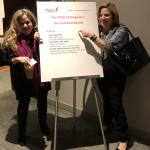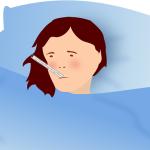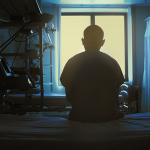60% of America’s annual deaths, 1.7 million deaths are due to medical error! Do I have your attention? Those numbers are based on a study [1] of course and are not so much blown out of proportion as just wrong.
diagnosis
I had the distinct pleasure of presenting at Komen’s Pink, Purple Strength and Unity Conference on coping with a breast cancer diagnosis and how best to
After a, thankfully, transient health scare, Oprah Winfrey offers some sound advice: “Number one? Don't Google your symptoms.”
Alzheimer’s Disease is a great fear for many individuals, and for the health care system as it may well eclipse heart disease in costs as the “Boomers” age. And it is a global problem.
Flu season is well underway as anyone looking at the nightly news is aware. According to the CDC pneumonia and influenza mortality in this last period exceeds our epidemic threshold.
Mental illness still carries a stigma in society, particularly for those who suffer from a severe form, such as schizophrenia or bipolar disorder.
Swedish researchers presented a paper at the meetings of the American College of Cardio








